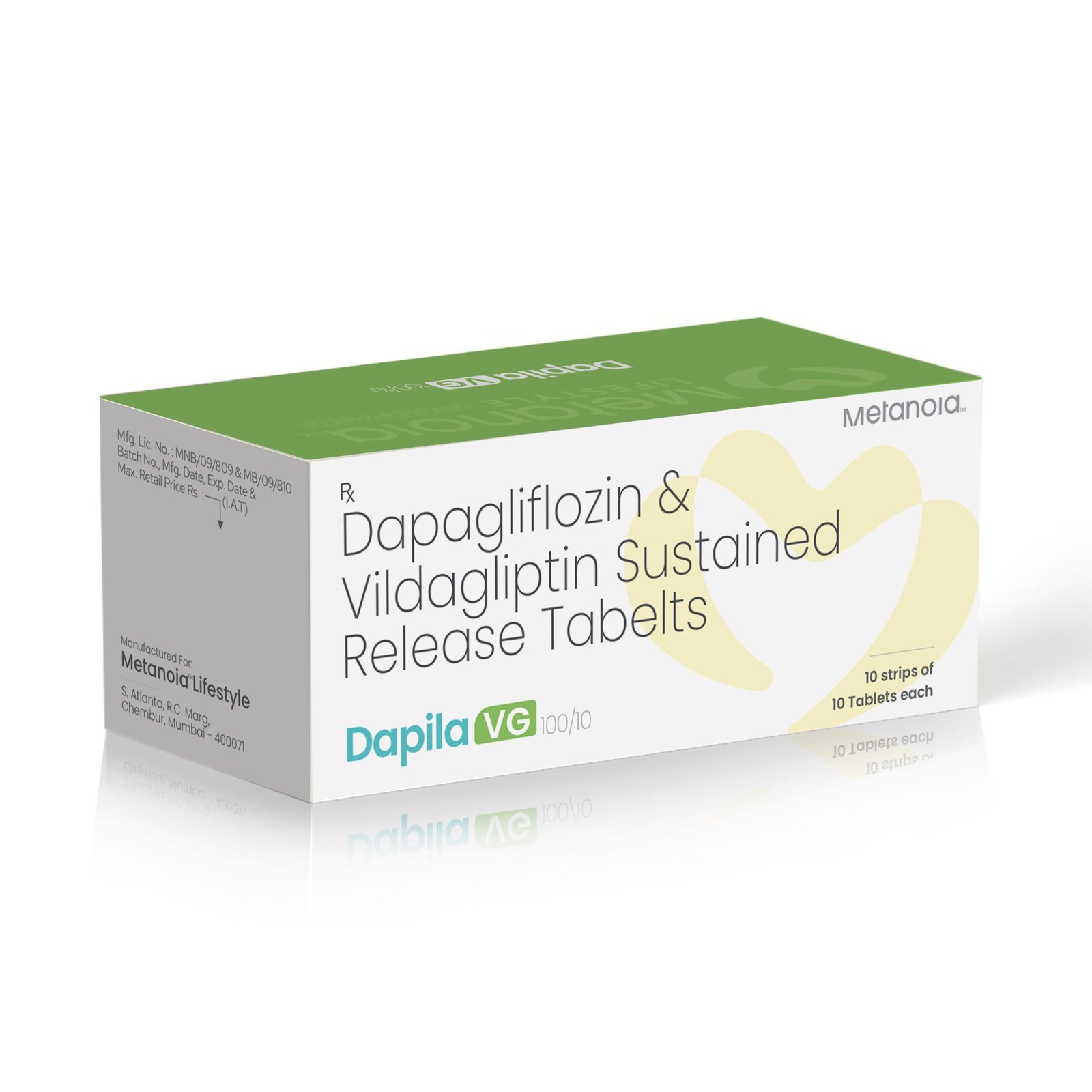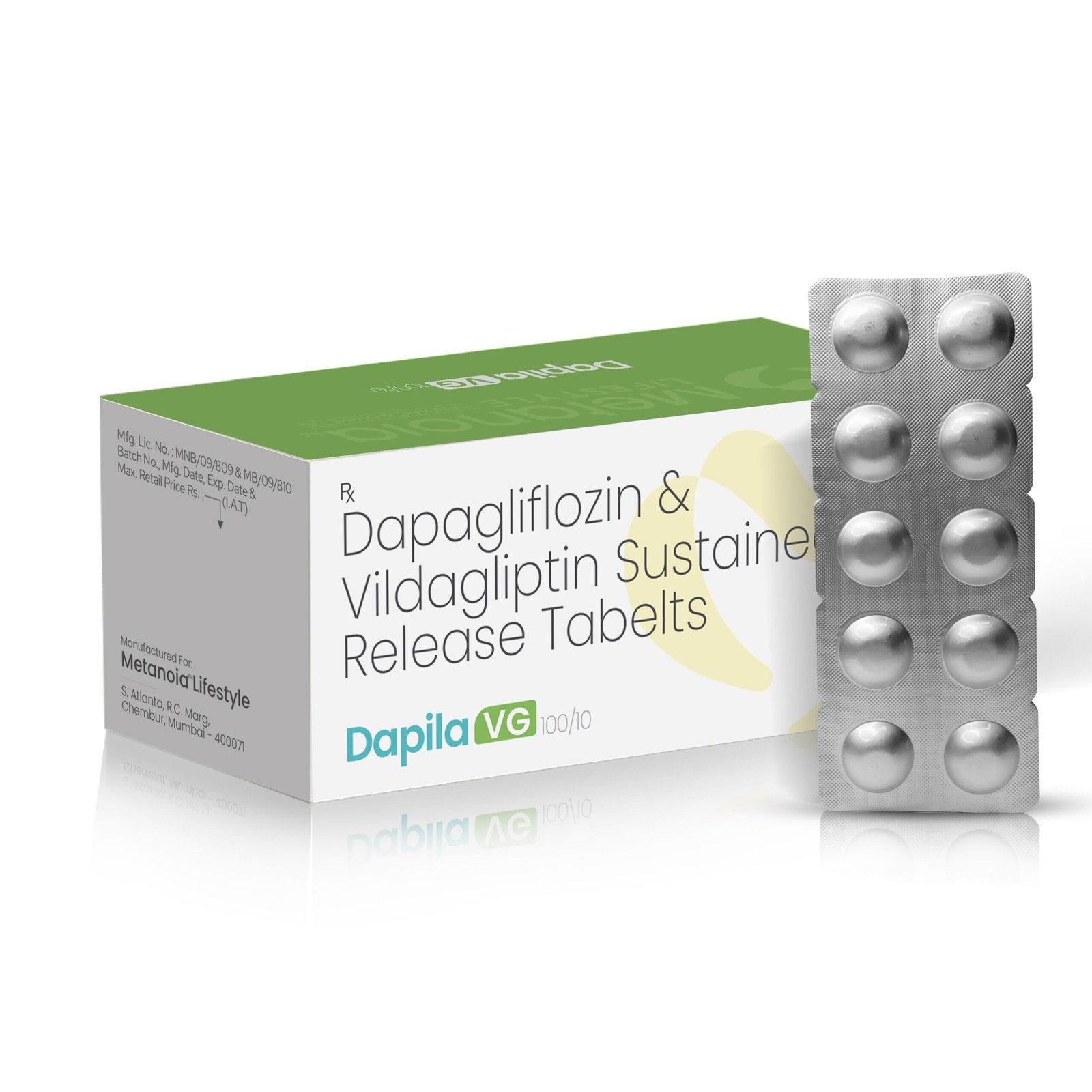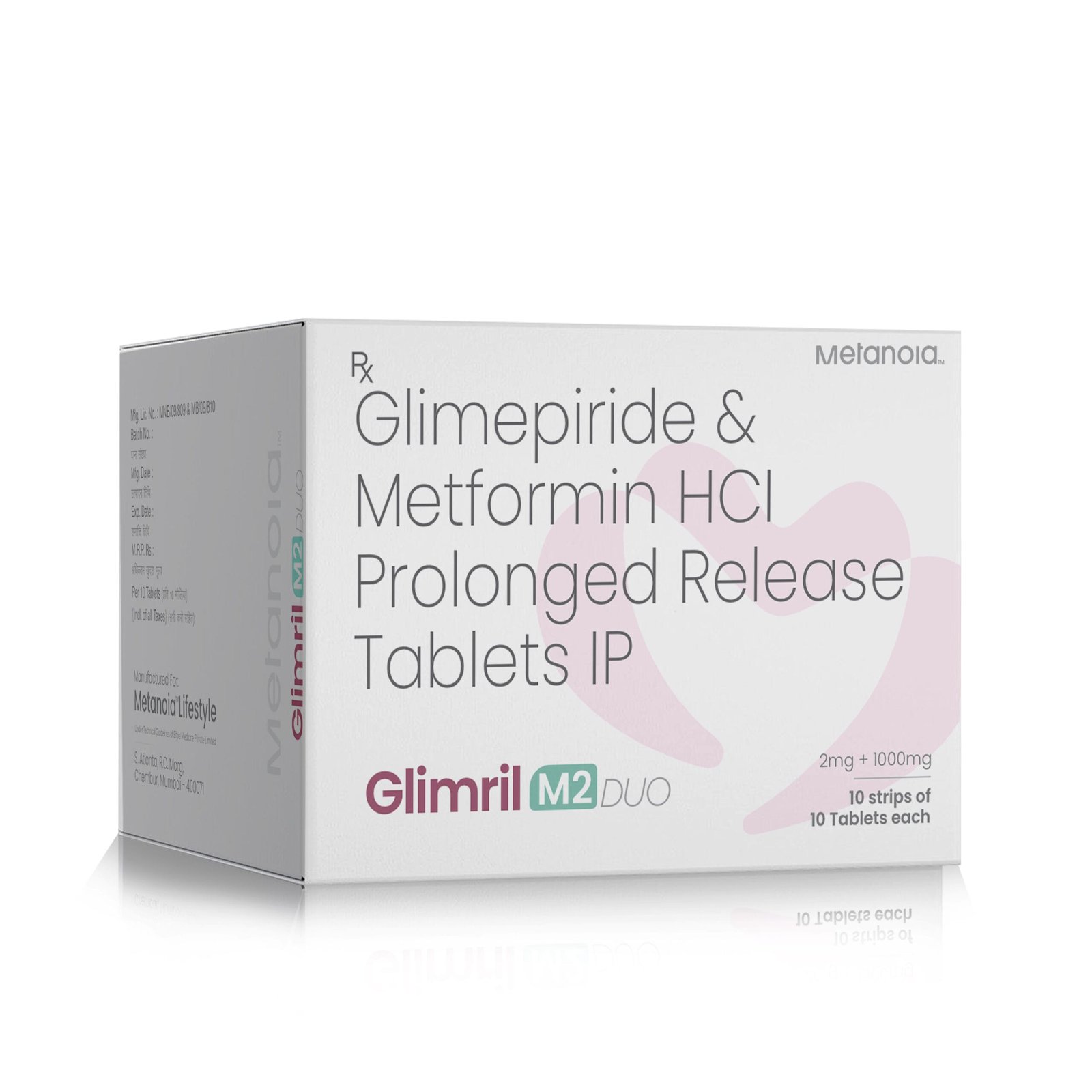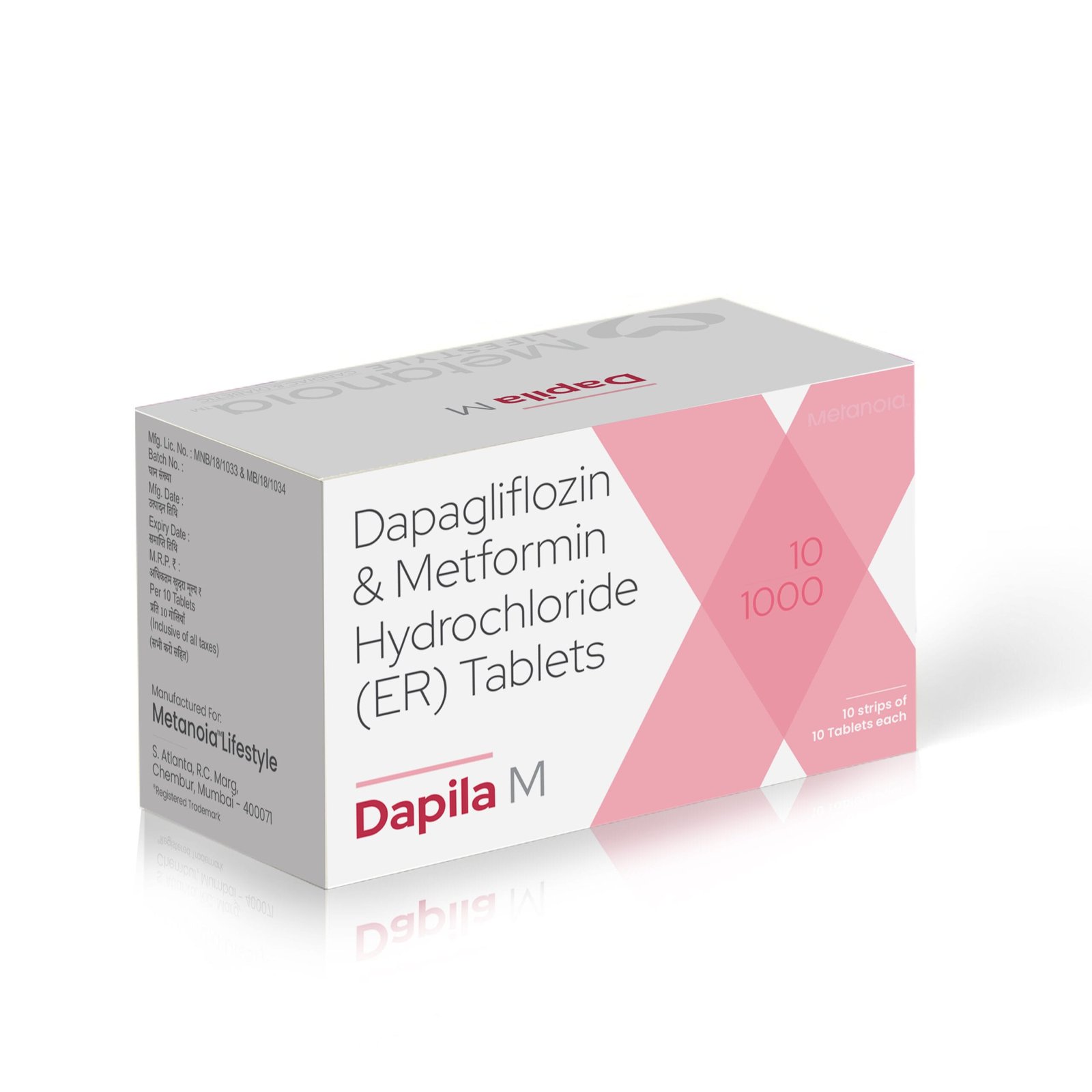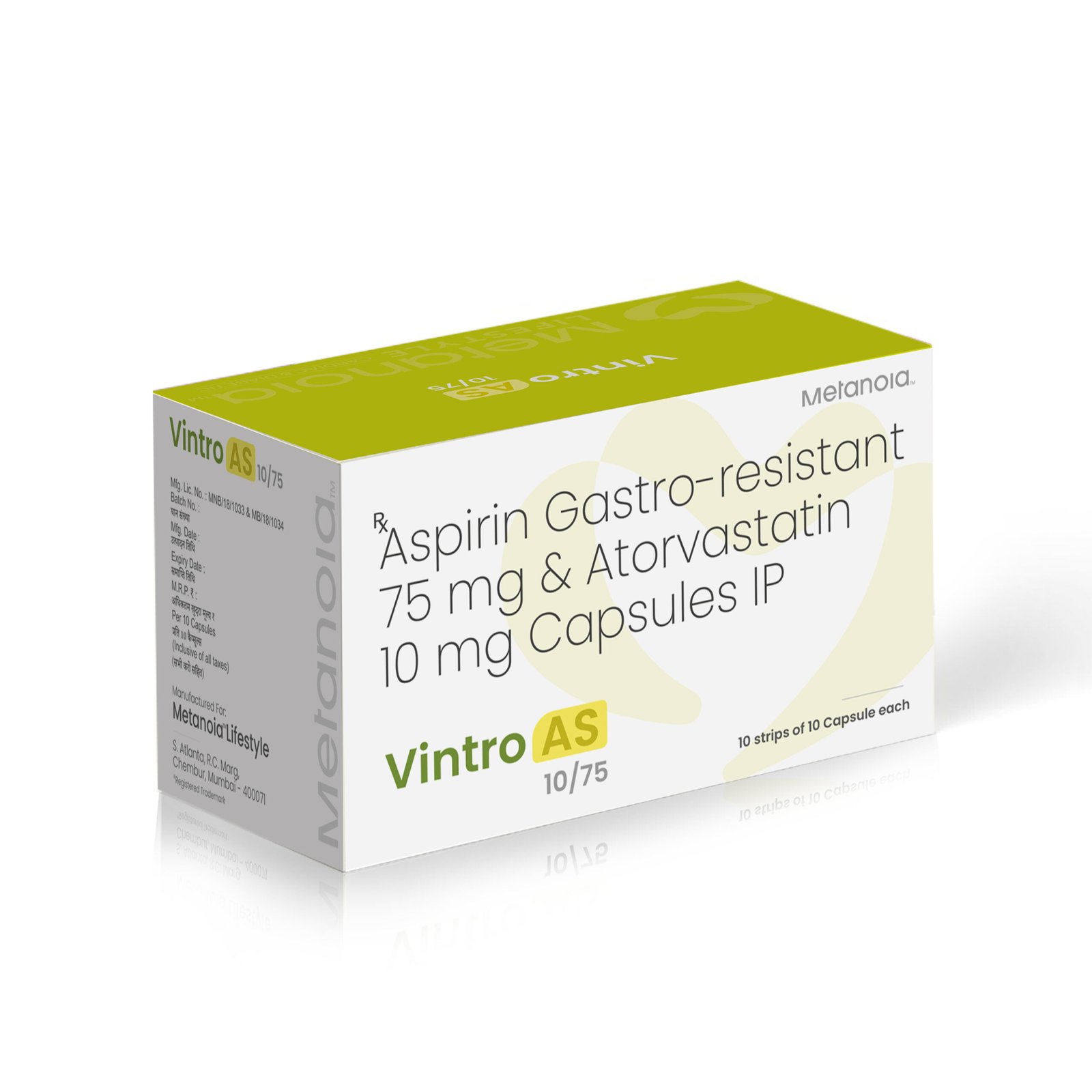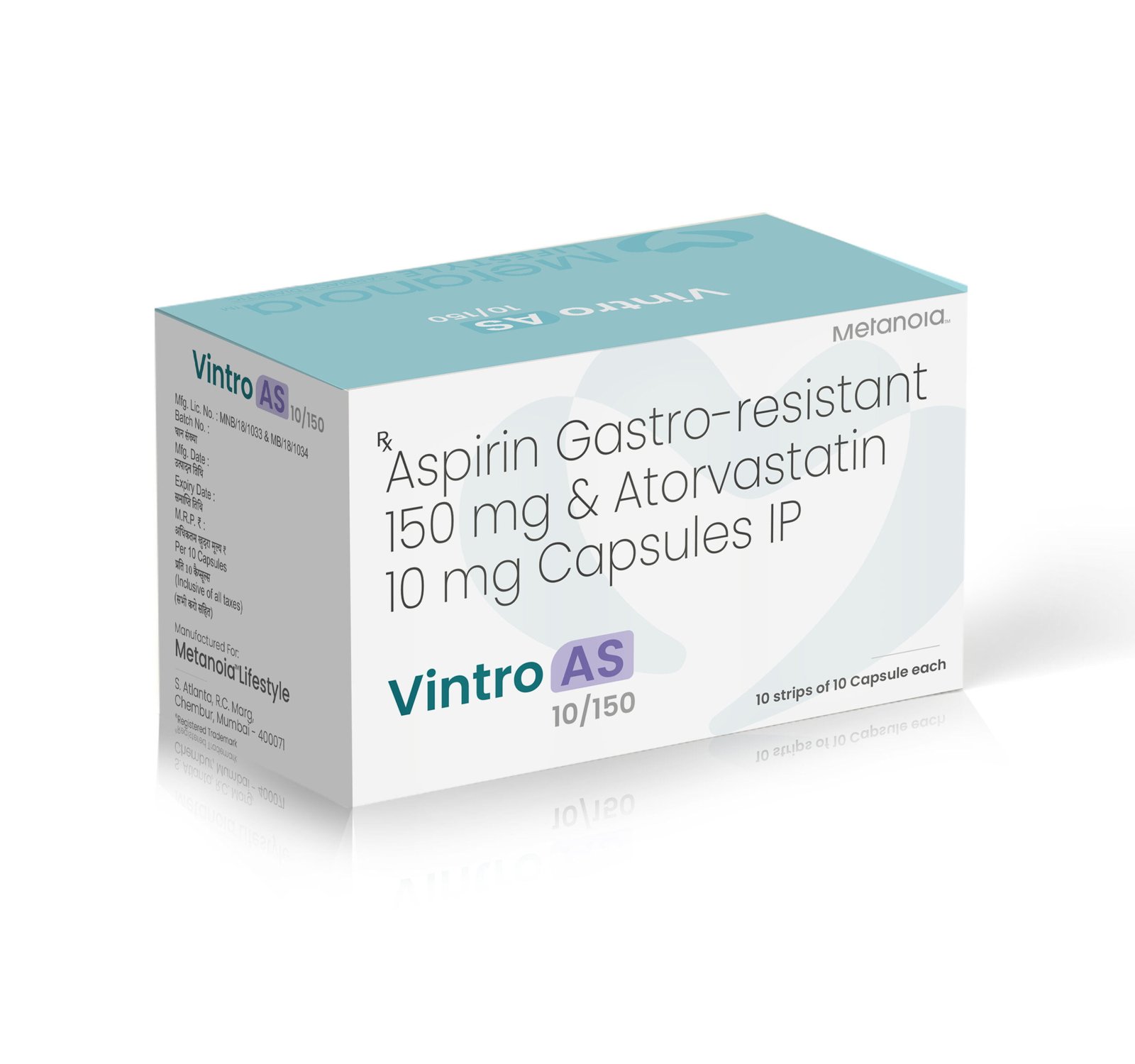Dapagliflozin & Vildagliptin Sustained Release Tablets – DAPILA VG 10/100
Dapagliflozin 10mg + Vildagliptin 100mg SR Tab
10 x 10 (Alu Alu)
Dapagliflozin & Vildagliptin Sustained Release Tablets – A powerful dual combination for optimized diabetes management.
DAPILA VG 10/100: The Dual combination of Dapagliflozin 10mg + Vildagliptin 100mg SR Tablets is a bilayered tablet that combines Vildagliptin and Dapagliflozin for an effective management strategy for type 2 diabetes. Vildagliptin works by inhibiting the DPP-4 enzyme, thereby enhancing insulin secretion and lowering glucagon levels in a glucose-dependent manner. Dapagliflozin aids in glycemic control by preventing glucose reabsorption in the kidneys, promoting its elimination in the urine. Together, they provide a comprehensive approach to managing blood sugar levels, enhancing both fasting and postprandial control.
Recommended By Specialists:



Key Benefits of Dapagliflozin & Vildagliptin Sustained Release Tablets – DAPILA VG 10/100



INDICATIONS:



Related Products
Proin volutpat vitae libero at tincidunt. Maecenas sapien lectus, vehicula vel euismod sed, vulputate
Proin volutpat vitae libero at tincidunt. Maecenas sapien lectus, vehicula vel euismod sed, vulputate
Efpia Medicine Private Limited is a leading name in India’s pharmaceutical industry, excelling as a Best PCD Pharma Franchise Companies in India. Driven by innovation and quality, we provide a comprehensive portfolio of pharmaceutical products across general and specialized categories, including Gynecology, Dermatology, Orthopedics, Neurology, Ophthalmology, Cardiac-Diabetic care, and Proton Pump Inhibitors (PPIs).
Panchkula (Admin Office)
Plot No 404, Basement, Industrial Area, Phase I, Panchkula (HR) 134113
Mumbai(Corporate Office)
3rd Floor, Tree House, Raghuvanshi Mills, Lower Parel (West), Mumbai – 400013 India
Netherlands (Overseas)
217, Lichstraat, Eindhoven, Netherlands
+91 84278 16268
+91 76967 49025
+91 77174 72766
info@efpia.co.in
efpiamedicine@gmail.com
Copyright © EFPIA 2024. All Rights Reserved.

